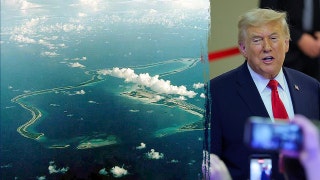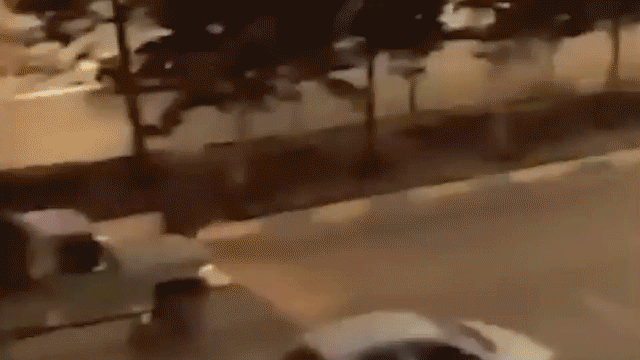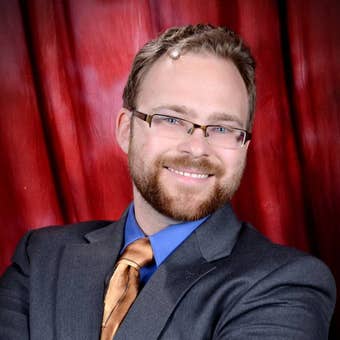Putin is 'reckless, evil and dangerous': House Minority Leader McCarthy
House Minority Leader Kevin McCarthy, R-Calif., explains the two reasons he believes Russian President Vladimir Putin has raised the alert status for his nuclear forces to 'special regime of combat duty' as Russia continues to invade Ukraine.
A Ukrainian archbishop and spokesman for the Orthodox Church of Ukraine condemned Russian President Vladimir Putin as the "anti-Christ of our current time" as Russia invades Ukraine.
While Putin appears to be portraying himself as a kind of messianic figure, seeking to reunite the Russian and Ukrainian Orthodox Churches (which formally split in 2019), Yevstratiy Zoria put him on the other side of the Christian spectrum.
RUSSIA INVADES UKRAINE: LIVE UPDATES
"Putin is really not messiah, but really anti-Christ of our current time," Yevstratiy Zoria, the spokesman for the Ukrainian Orthodox Church, told Harry Farley, religion and ethics producer for the BBC.
"You think he's the anti-Christ of your time?" Farley pressed in an interview broadcast on the BBC's Global News Podcast.
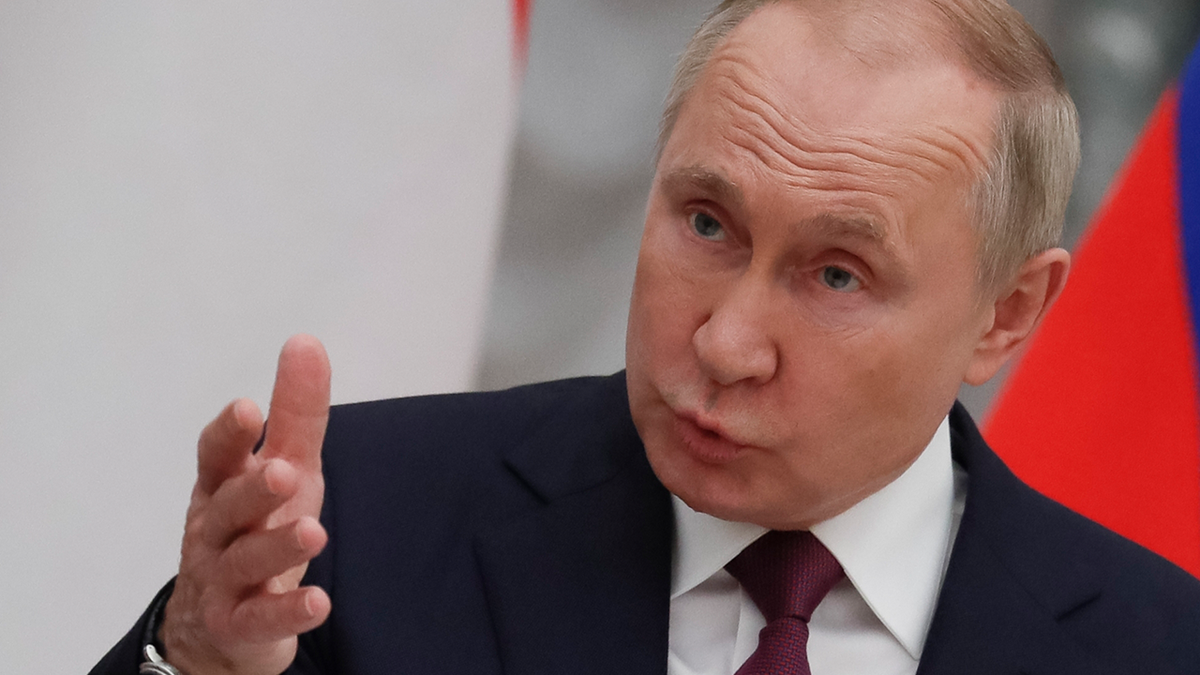
Russian President Vladimir Putin gestures while speaking to the media during a joint news conference with Hungary's Prime Minister Viktor Orban following their talks in the Kremlin in Moscow, Russia, Tuesday, Feb. 1, 2022. (Yuri Kochetkov/Pool Photo via AP)
"Yes, he is anti-Christ because everything what he does, everything what he do now, is totally against gospel, against God’s law," the spokesman responded.
The Ukrainian Orthodox Church in Kyiv did not immediately respond to Fox News' request for comment and clarification.
A large majority of Ukraine's population identifies as Eastern Orthodox Christian, while a significant minority of Ukrainian Catholics worship with a Byzantine liturgy similar to the Orthodox but are loyal to the pope, surveys show. Ukraine's Orthodox population is split between the Kyiv-based Orthodox Church of Ukraine (which Yevstratiy Zoria represents) and the Ukrainian Orthodox Church, which is under the Orthodox patriarch of Moscow but has broad autonomy.
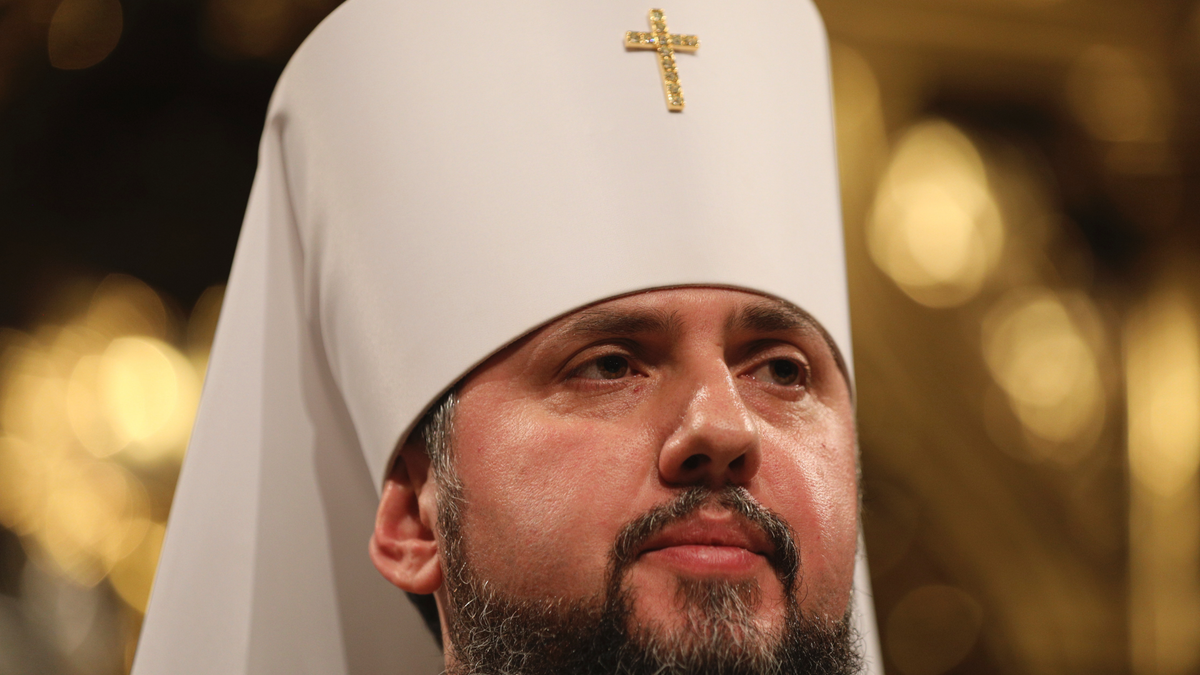
Ukrainian new head of Ukrainian Orthodox church Metropolitan Epiphanius speaks during a closed-door synod of three Ukrainian Orthodox churches to approve the charter for a unified church and to elect leadership in the St. Sophia Cathedral in Kiev, Ukraine, Saturday, Dec. 15, 2018. Ukrainian Orthodox leaders approved the creation of a unified church independent of the Moscow Patriarchate and elected a leader to head the new church.
Putin justified his invasion in part as a defense of the Moscow-oriented Orthodox church, but the leaders of both churches are denouncing the invasion, as is the country's Catholic minority.
"With prayer on our lips, with love for God, for Ukraine, for our neighbors, we fight against evil - and we will see victory," Metropolitan Epifany, head of the Kyiv-based Orthodox Church of Ukraine, told the Associated Press.
PUTIN LAID OUT HIS UKRAINE INVASION RATIONALE BACK IN JULY 2021
"Forget mutual quarrels and misunderstandings and ... unite with love for God and our Motherland," Metropolitan Onufry, head of the Moscow-linked Ukrainian Orthodox Church, said.
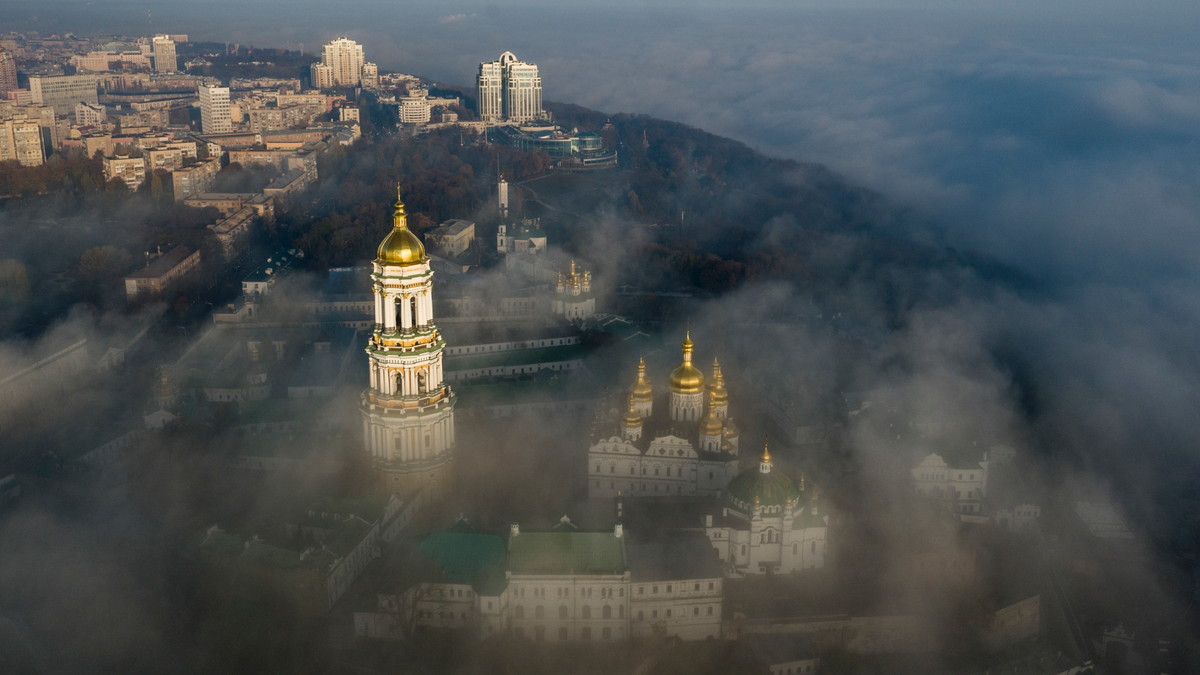
FIn this Saturday, Nov. 10, 2018 file photo, an aerial photo of the thousand-year-old Monastery of Caves, also known as Kiev Pechersk Lavra, the holiest site of Eastern Orthodox Christians is taken through morning fog during sunrise in Kiev, Ukraine. (AP Photo/Evgeniy Maloletka, File)
Ukraine and Russia both trace their history back to the medieval kingdom of Kievan Rus, whose 10th century Prince Vladimir (Volodymyr in Ukrainian) rejected paganism, was baptized in Crimea, and adopted Orthodoxy as the official religion. In 2014, Putin cited that history in justifying his seizure of Crimea. He similarly referenced that history in a speech last July, which provided an early warning of his rationale behind invading Ukraine.
CLICK HERE TO GET THE FOX NEWS APP
While many Western Christians associate Antichrist with the figure from the biblical book of Revelation and look to the Antichrist as a demonic figure who will unite the world in opposition to God, the term "anti-Christ" can also have a much broader meaning, generally referring to a person who opposes Jesus Christ and sets himself up as a false messiah.







